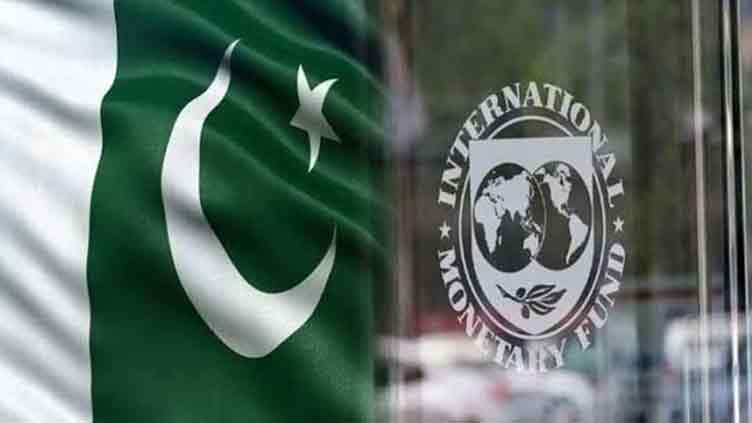LAHORE – The International Monetary Fund (IMF) may raise a question over the Prime Minister’s recent announcement regarding subsidized power tariffs for residents of Azad Jammu and Kashmir (AJK).
The significant disparities in tariff rates, ranging from Rs3 to Rs6 per unit in AJK compared to Rs6.72 to Rs35.26 elsewhere in the country, have sparked discussions among economists and policymakers.
Dr. Naved Hamid, Director at the Center for Research in Economics and Business (CREB), emphasized the need for thorough briefing to the IMF to avoid complications, particularly in managing circular debt.
However, Dr. Nadia Tahir highlighted the Finance Minister’s strategy to reduce the fiscal deficit by 1.5 percent through measures like implementing a petroleum levy, aimed at generating Rs1.1 trillion in revenue.
The announcement of a relief package of Rs23 billion for AJK by the Prime Minister has drawn attention, especially regarding overdue water usage payments. This relief, deemed manageable for the federal budget, is seen as a step towards addressing longstanding grievances.
The Neelum-Jhelum Hydropower Project’s contributions to the national grid have bolstered AJK’s claim for fair treatment in terms of tariff rates.
Dr. Qais Aslam, however, pointed out concerns from Punjab over potential political unfairness, advocating for a nationwide uniform tariff system.
The IMF’s stance on this matter, especially in light of recent criticisms from Washington regarding Pakistan’s adherence to agreed conditions, remains uncertain.
Dr. Qais Aslam suggested a uniform tariff system across the country to ensure equitable treatment for all regions.










